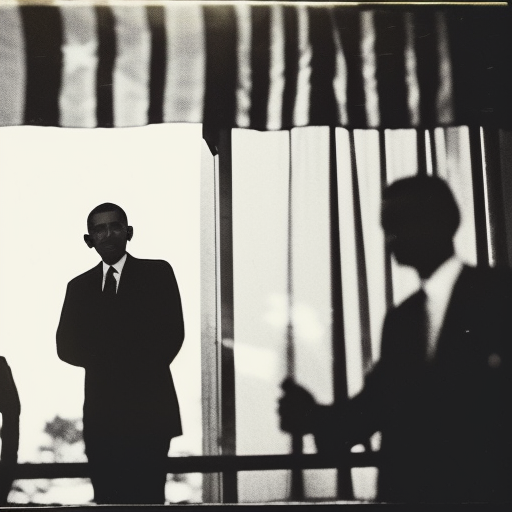Election of Barack Obama (2008)
The election of Barack Obama in 2008 marked a significant milestone in American history. Obama, a Democrat, became the first African American to be elected as President of the United States. His victory represented a turning point in the nation’s politics and signaled a new era of hope and change.
Background:
The 2008 election took place against the backdrop of a troubled nation. The United States was grappling with the aftermath of the financial crisis, ongoing wars in Iraq and Afghanistan, and a general sense of disillusionment with the political establishment. Obama’s campaign capitalized on this sentiment, promising to bring about much-needed change and unite the country.
Primaries and Nomination:
Obama faced a tough primary battle against Hillary Clinton, the former First Lady and Senator from New York. The Democratic primary race was closely contested, with both candidates vying for the nomination. However, Obama’s message of hope and his ability to inspire a diverse coalition of supporters helped him secure the nomination at the Democratic National Convention in August 2008.
Key Issues:
Throughout his campaign, Obama focused on several key issues. He pledged to address the struggling economy, expand access to healthcare, combat climate change, and end the wars in Iraq and Afghanistan. His message of change resonated with many Americans who were eager for a departure from the policies of the previous administration.
Opposition:
Obama faced strong opposition from the Republican Party, which nominated Senator John McCain as their candidate. McCain, a veteran and respected politician, presented himself as a steady and experienced leader. However, his association with the policies of the Bush administration and the Republican Party’s declining popularity worked against him.
General Election Campaign:
The general election campaign was intense and closely watched. Obama’s campaign emphasized grassroots organizing and the use of social media to mobilize supporters. He attracted large crowds to his rallies and delivered powerful speeches that resonated with voters. His campaign also benefited from a strong ground game and a well-organized volunteer network.
Historic Victory:
On November 4, 2008, Barack Obama made history by winning the presidential election. He secured 365 electoral votes, while McCain received 173. Obama’s victory was not only significant because he became the first African American president, but also because of the broad coalition of supporters he was able to assemble. He garnered support from young people, minorities, and independent voters, signaling a changing demographic and political landscape in the United States.
Impact:
Obama’s election had a profound impact on the nation. His presidency was marked by significant legislative achievements, including the Affordable Care Act, the Dodd-Frank Wall Street Reform and Consumer Protection Act, and the repeal of “Don’t Ask, Don’t Tell.” Obama’s leadership during the economic recovery and his efforts to improve international relations also left a lasting impact.
Legacy:
Barack Obama’s election and presidency will be remembered as a pivotal moment in American history. His ability to inspire and unite a diverse coalition of supporters, his message of hope and change, and his historic achievement as the first African American president have solidified his place in the annals of American politics. Obama’s presidency served as a symbol of progress and a reminder of the possibilities of a more inclusive and equitable society.












